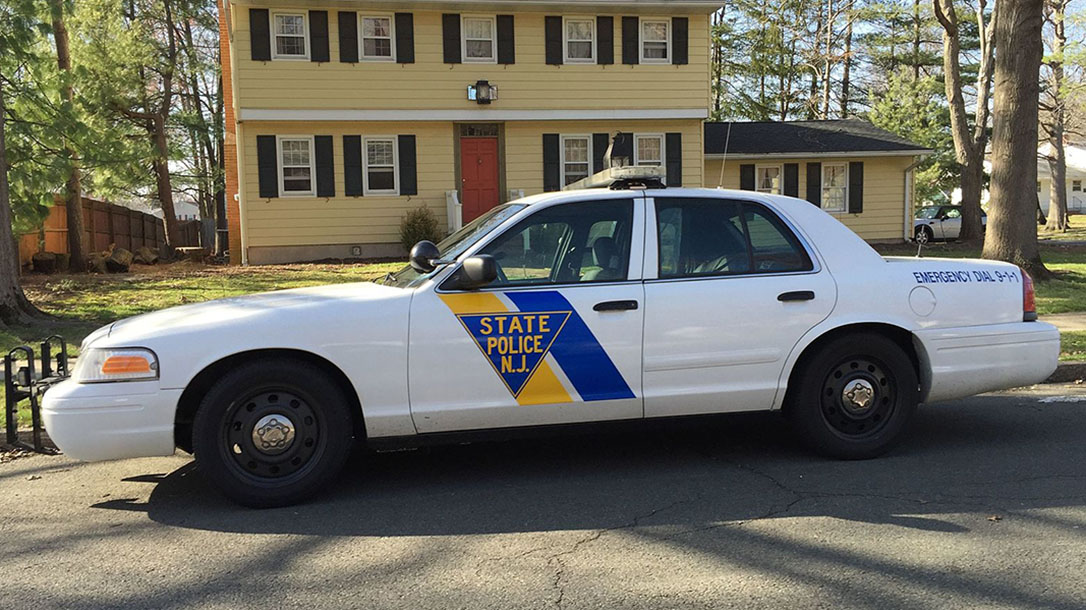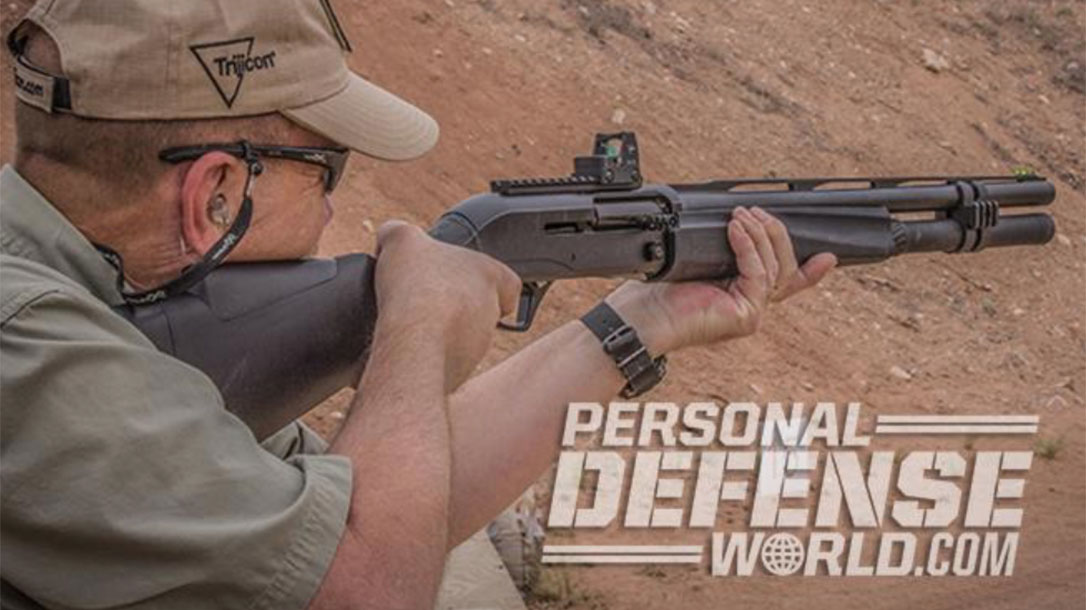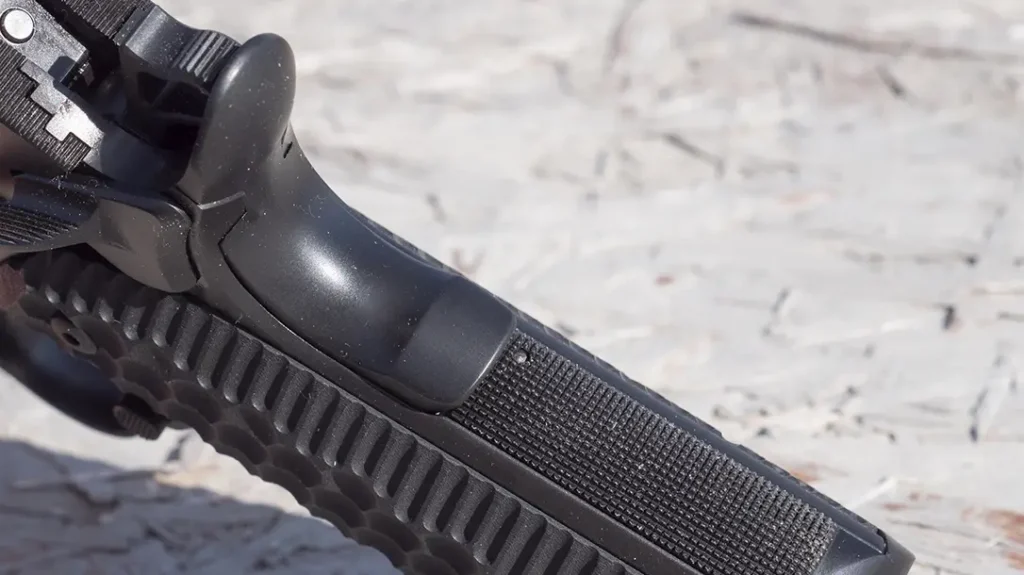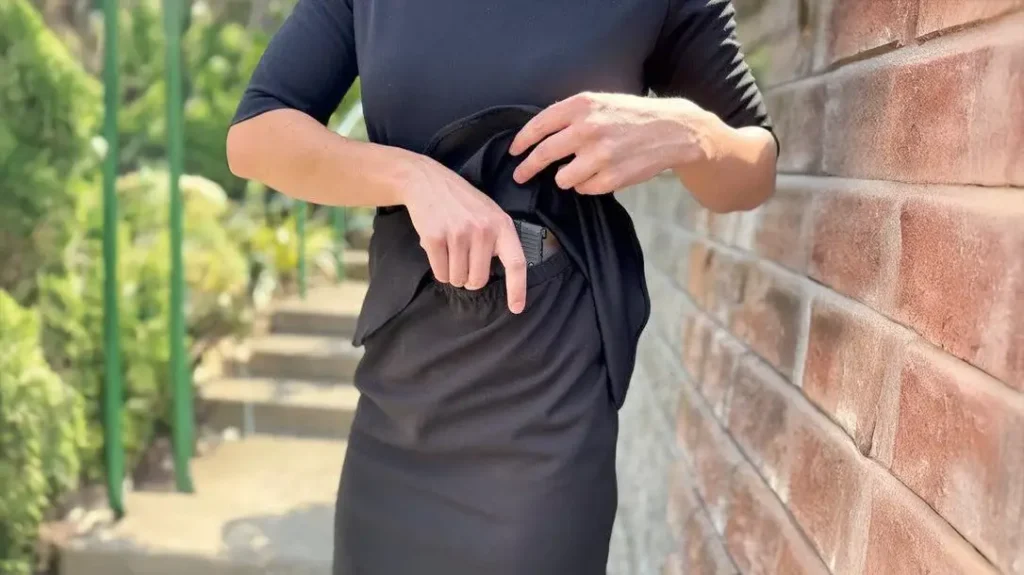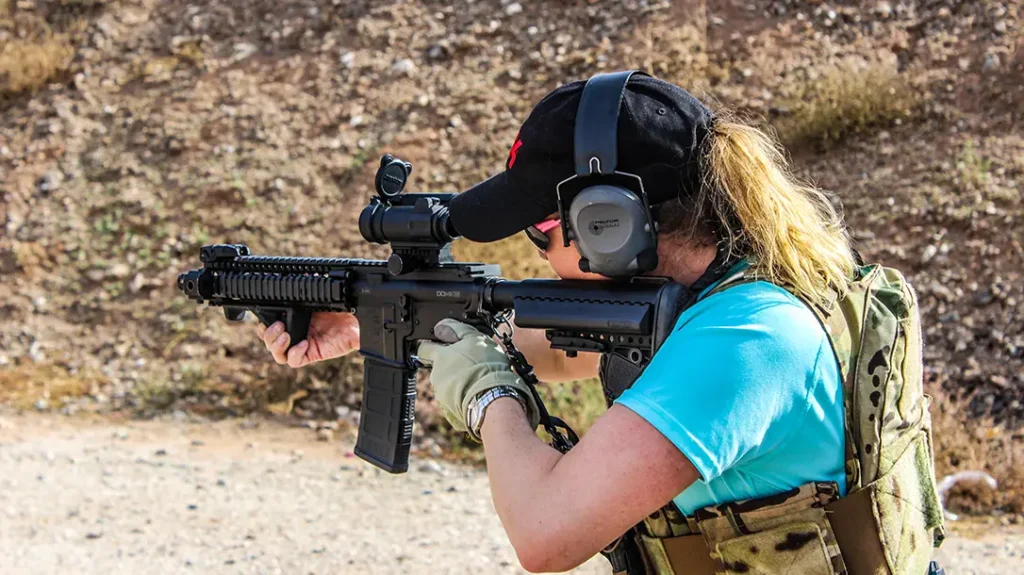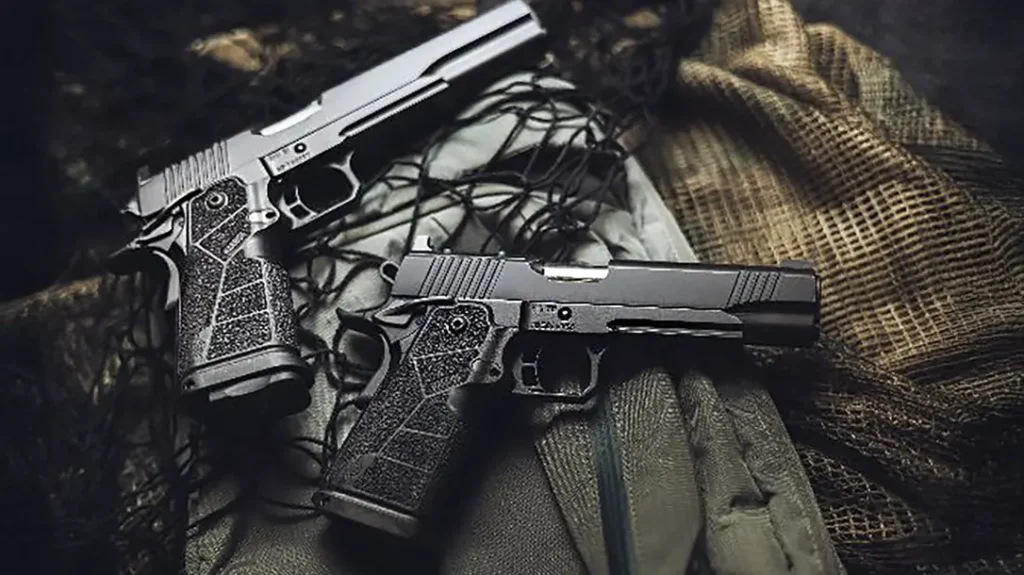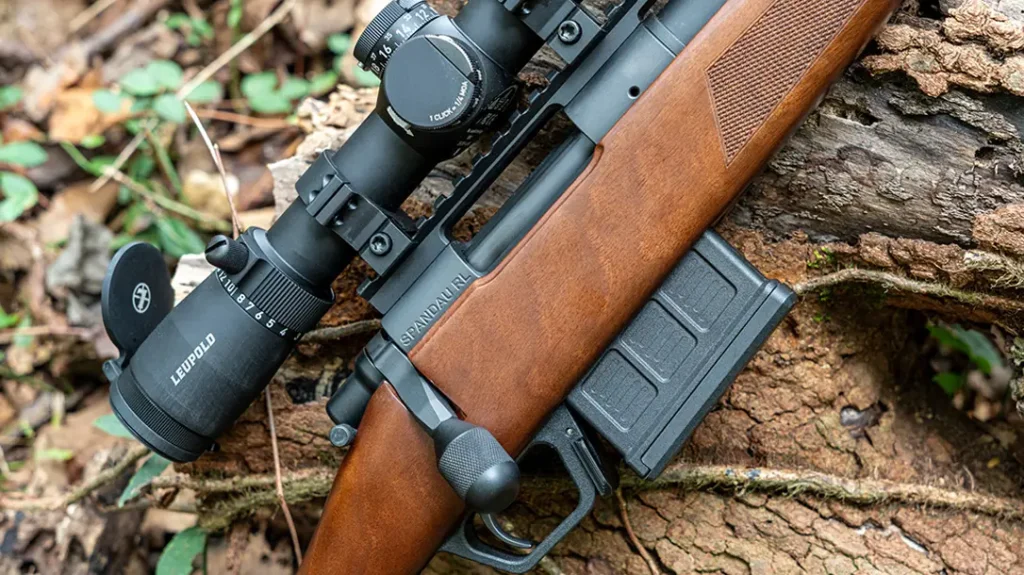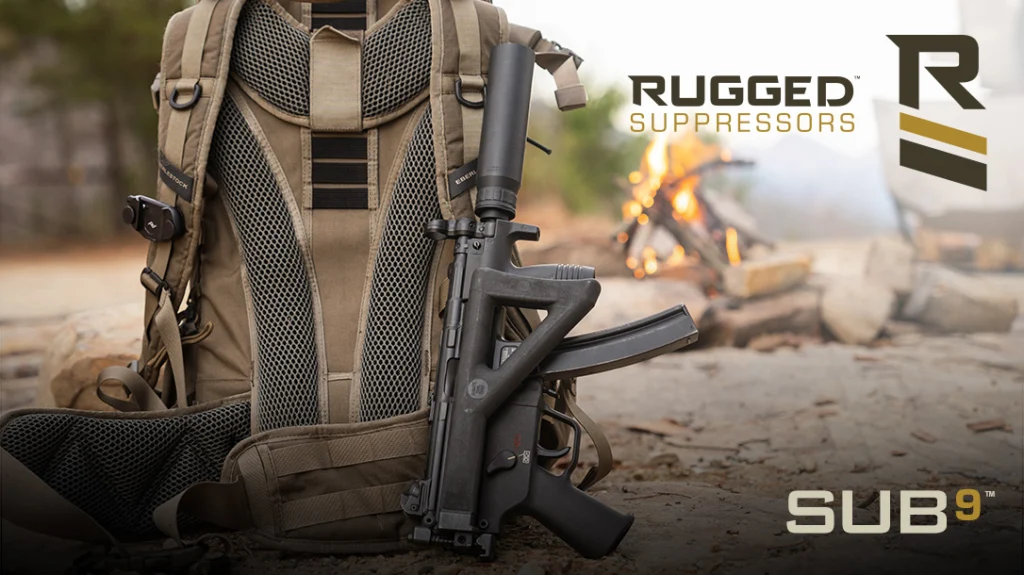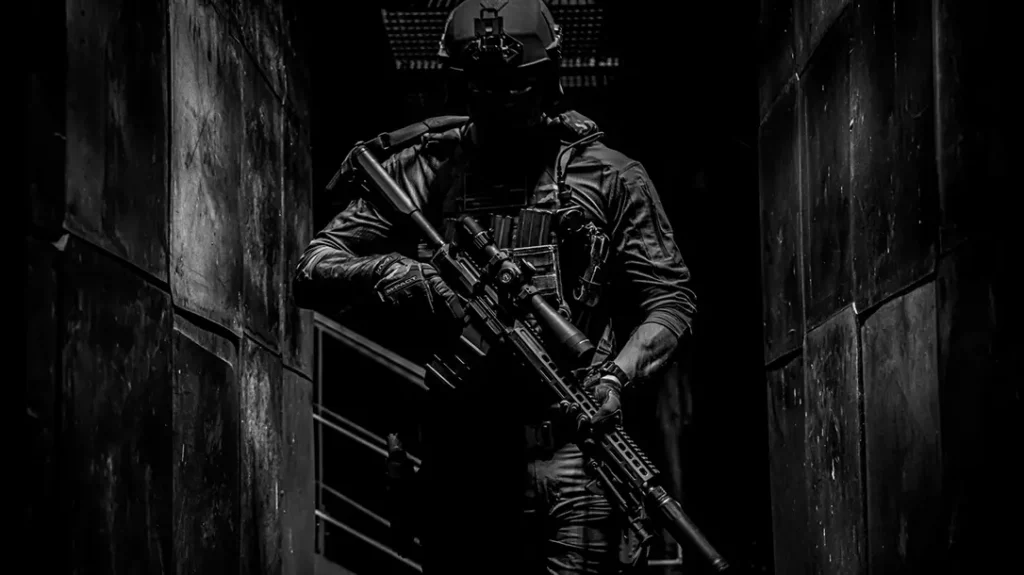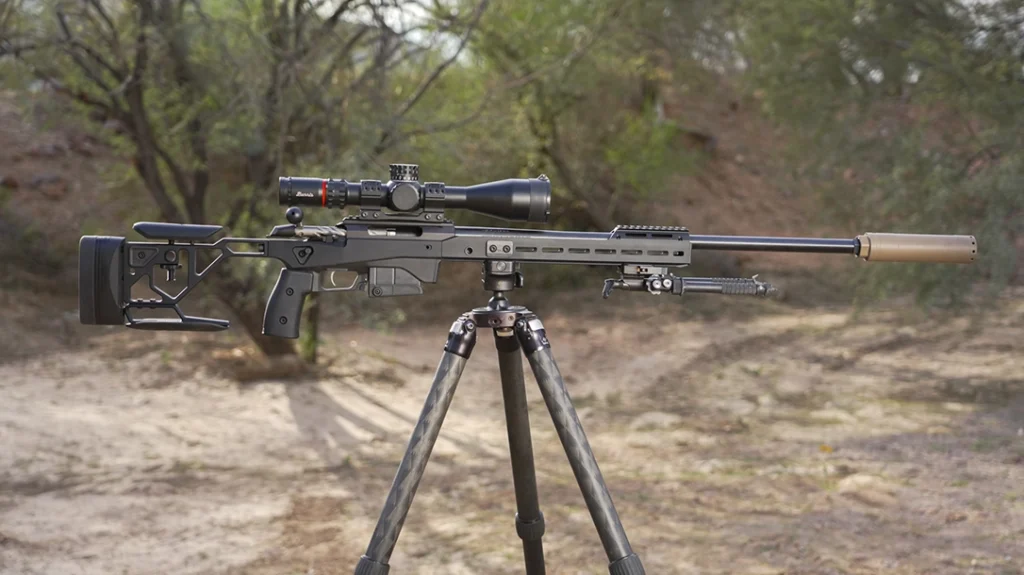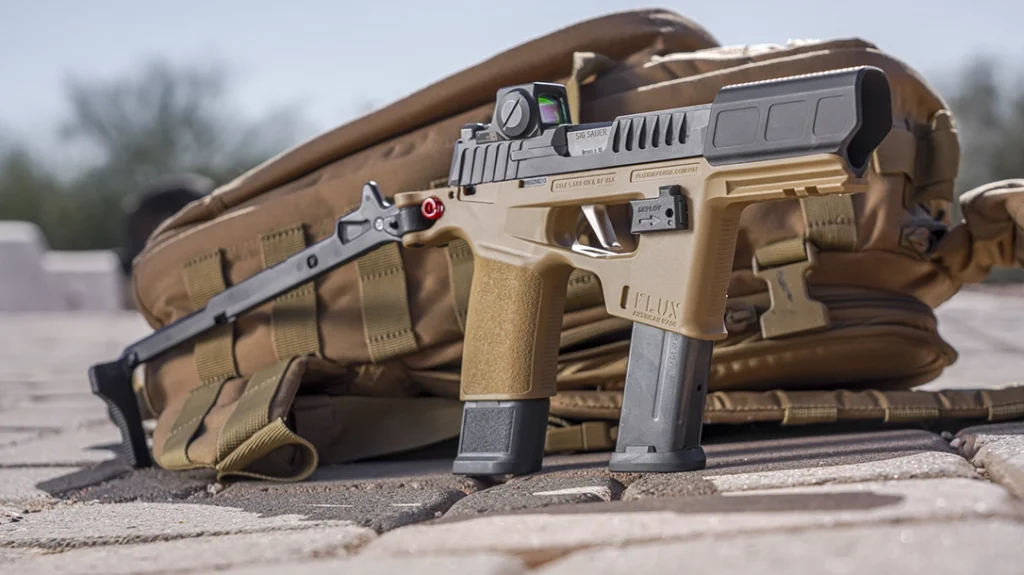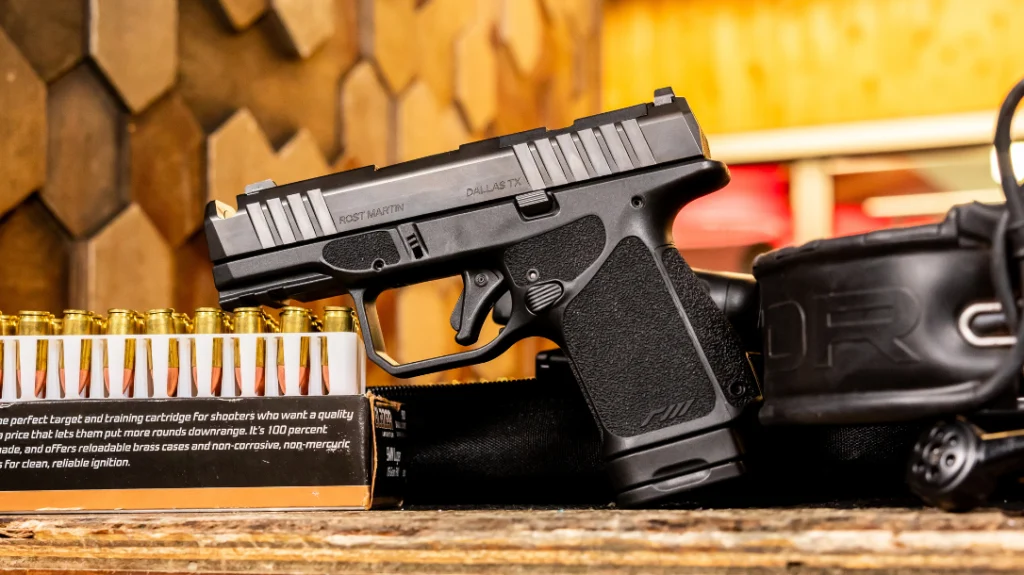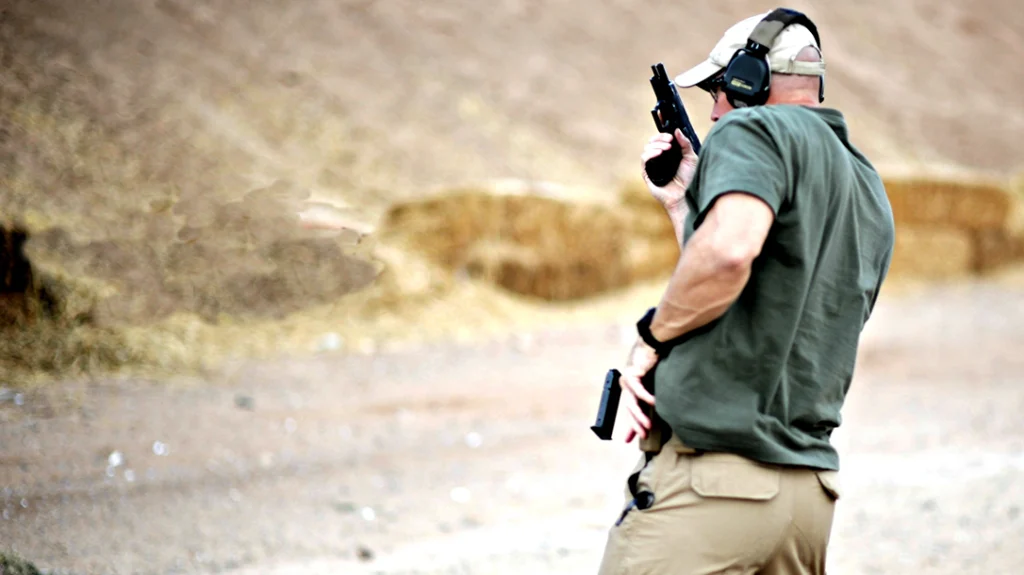A disabled U.S. Army veteran refused to hand over his legally owned guns when New Jersey State Police showed up at his house to confiscate them last month.
Army Veteran Stops Gun Confiscation
Leonard Cottrell Jr., who served three tours in Iraq during Operation Iraqi Freedom, told New Jersey 101.5 it all started when his 13-year-old son allegedly made a comment about the security being lax at Millstone Middle School. The comment was overheard by a student, who reported it to his parents. His parents, in turn, contacted the school. The school then called the New Jersey State Police, who paid a late-night visit to Cottrell’s home.
Advertisement — Continue Reading Below
Cottrell’s wife let the state troopers into their home. She then gave the troopers permission to search their son’s room. When they didn’t find any weapons, Cottrell says they wanted to confiscate his guns—Cottrell owns a shotgun and a pistol. The shotgun is used primarily for hunting. He owns the proper permits for both weapons.
Cottrell asked the troopers if they had a warrant. When they told him they didn’t, he wouldn’t let them take his guns.
“No one from the state was going to take my firearms without due process,” he said.
Advertisement — Continue Reading Below
Red Flag
As NJ.com points out, the attempted gun confiscation came about as a result of a pair of measures recently signed into law by Gov. Phil Murphy. Essentially, the new laws make it easier for authorities to confiscate weapons from those deemed a threat to themselves or others. New Jersey is one of several states to pass “red flag” measures in the wake of the Parkland shooting.
Cottrell said the troopers “danced around the issue” when he brought up the confiscation laws. A spokesman for the New Jersey State Police wouldn’t say whether or not the visit was related to the new laws.
“Troopers responded to Mr. Cottrell’s residence in reference to the report of a possible school threat. Based on their investigation, it was determined that Mr. Cottrell’s weapons did not need to be seized,” Sgt. First Class Jeff Flynn said.
Advertisement — Continue Reading Below
Eventually, Cottrell worked out an agreement with the troopers in which he would take the guns out of his house and keep them out until the investigation wrapped up.
“To appease everybody, I had my firearms stored someplace else,” he said. “That way, during the course of the investigation, my son doesn’t have access to them and it’s on neutral ground and everything and everybody’s happy.”
Aftermath
Cottrell’s son wasn’t allowed to return to school for the rest of the year. As a result, he missed his eighth-grade graduation.
Advertisement — Continue Reading Below
“He’s upset,” Cottrell said of his son. “He didn’t do anything wrong, and he doesn’t understand why it happened – he was just having a conversation with nothing as far as threats. It shouldn’t have blown up the way it did. But he understands it happened, there are consequences and there’s fallout from his actions.”
Cottrell added that the whole incident could’ve been avoided if the school had simply contacted him instead of going to the police first. He also said that he would’ve been fine with getting a call from the State Police about the incident, rather than a visit to his home at 10 p.m.
“I’m not hiding anything,” Cottrell said. “I’m above board on everything but there are certain things that you just can’t do.”
Advertisement — Continue Reading Below
